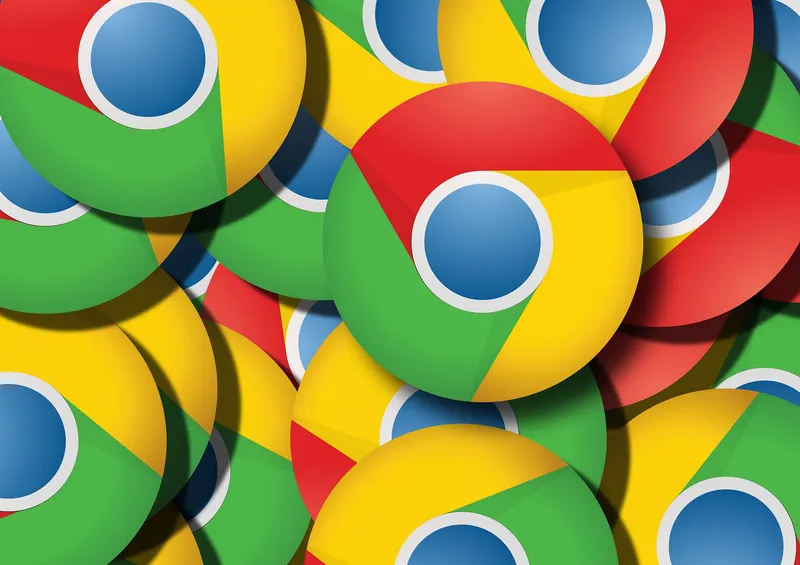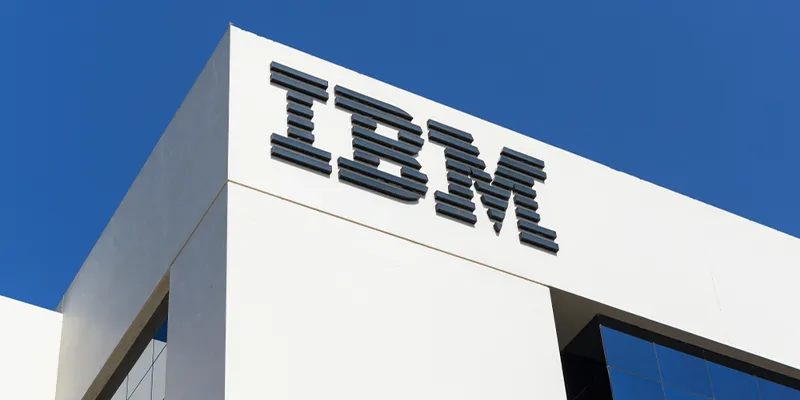6 Famous companies that started with different names
Here are 6 famous companies that transformed their identities through rebranding, showcasing how name changes like Google and Blackberry can reflect growth and align with broader business goals!
Rebranding can be a pivotal moment for a company, offering a fresh start or a chance to better align with its mission. Many established brands today began their journeys under entirely different names. So, let's explore 6 famous companies that transformed their identities—and how their name changes reflect broader business lessons!
6 famous companies that started with a different name
1. Google

The reason: A fortunate misspelling
Back in 1996, Larry Page and Sergey Brin started a search engine called Backrub, focusing on analysing a website's backlinks. As they searched for a better name, a Stanford student, Sean Anderson, suggested "googolplex," inspired by the mathematical term "googol."
Interestingly, Sean's misspelling of the term led to "Google," which the founders loved and officially adopted on September 15, 1997. This story shows that having a simple yet catchy name can evolve your brand to align with your vision.
2. PepsiCo

The reason: Making a memorable brand
In 1898, pharmacist Caleb Bradham's soft drink, "Brad's Drink," had a makeover and became known as Pepsi-Cola. After gaining popularity the brand name was eventually shortened to "Pepsi" in 1964.
This rebranding made the drink more memorable and highlighted its digestive benefits. Being recognisable is a key aspect of getting a competitive edge. By transforming the logo and brand name, Pepsi was able to connect with consumers easily, making it one of the largest beverage companies in the world.
3. Blackberry

The reason: To align its products to the brand
Founded as Research In Motion (RIM) in 1984, the Canadian company became Blackberry taking the name of its signature product in 2013. The idea of this rebrand originated from its globe-shaped keypad that resembled the skin of the blackberry fruit!
This rebranding was a bold move that reflected the company's vision to be a leader in the smartphone industry. Even though BlackBerry no longer makes smartphones, the story behind its new name serves as a powerful reminder of the importance of aligning your brand identity with your goals to make a lasting impact on your audience.
4. Volkswagen

The reason: Simplifying the name
Volkswagen, initially known as "Gesellschaft zur Vorbereitung des Deutschen Volkswagens mbH", aimed to produce affordable cars for the masses in 1937. Not many might know but the Nazi party established the automotive firm under the control of Adolf Hitler.
The name was simplified to Volkswagen, which translates to "people's car," making it easier for international audiences to recognise. This shift emphasises the value of clarity in branding; a simpler name can improve recognition and understanding across diverse markets.
5. Sony

The reason: To be globally recognisable
Sony started as Tokyo Tsushin Kogyo in 1946 but adopted the name Sony in 1958 to resonate more with global audiences and sell their products internationally. Combining the Latin word "sonus" (sound) and a common term for “young boy,” the new name embodied a youthful spirit. This rebranding case reminds us that adopting a global perspective can expand a brand’s reach and appeal.
6. IBM

The reason: Aligned the company's name with its purpose
IBM's origins date back to 1911 when it was formed through the merger of 3 companies, initially operating under the name Computing-Tabulating-Recording Company (CTR). In 1924, under the leadership of CEO Thomas Watson, the company rebranded itself as International Business Machines (IBM).
Watson felt that the hyphenated name did not reflect the company's vision and aim for a name that would convey a more ambitious purpose. This significant rebranding illustrates the importance of evolving a business name to align with its goals and services, which can play a crucial role in attracting consumers.
Closing thoughts
The stories behind these name changes reveal valuable lessons for businesses today. Rebranding can serve as a strategic decision, allowing organisations to embrace change or adapt to evolving. By learning from these popular companies, startups can navigate their branding journeys with better insight and purpose.







